Revision can be boring and other distractions can suddenly look sooooo appealing (even housework – who knew?). Here are some handy tips to help you stay focused on what really matters during the final assessment week.
1. Get all the tidying done before you start
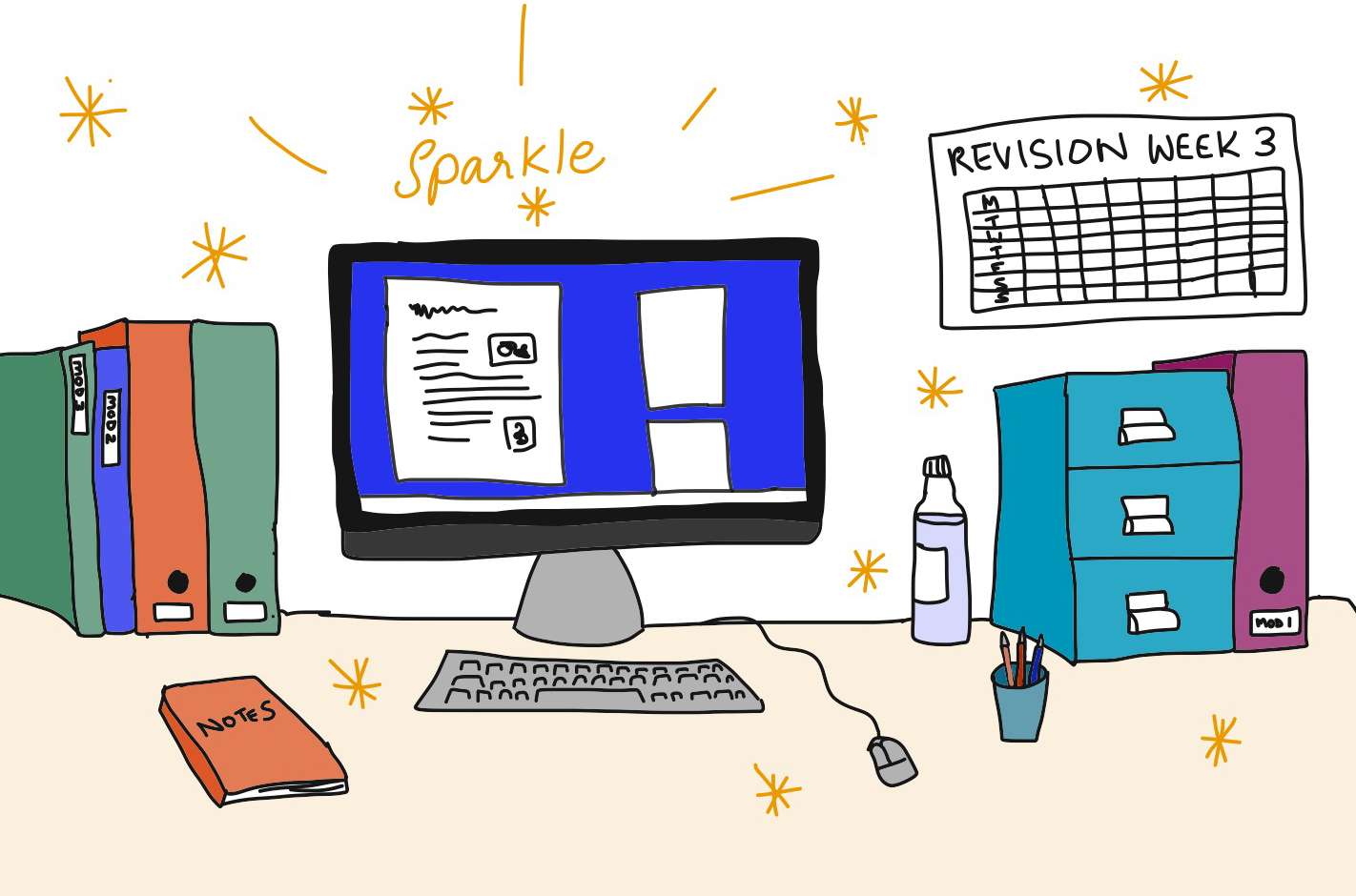
You’re going to do it anyway as a form of procrastination, so why not just tidy your room, blitz that desk and sort your folders etc before you begin in earnest.
Be realistic though – know when to stop and get on with actual revision. An hour or two should do it – set the timer on your phone to make sure you stop!
2. Manage your social media use

If you’re working on a PC or laptop use a program like Freedom or Cold Turkey to stop you browsing social media sites for given time periods. At the same time switch your phone/tablet to airplane mode.
3. Set realistic goals
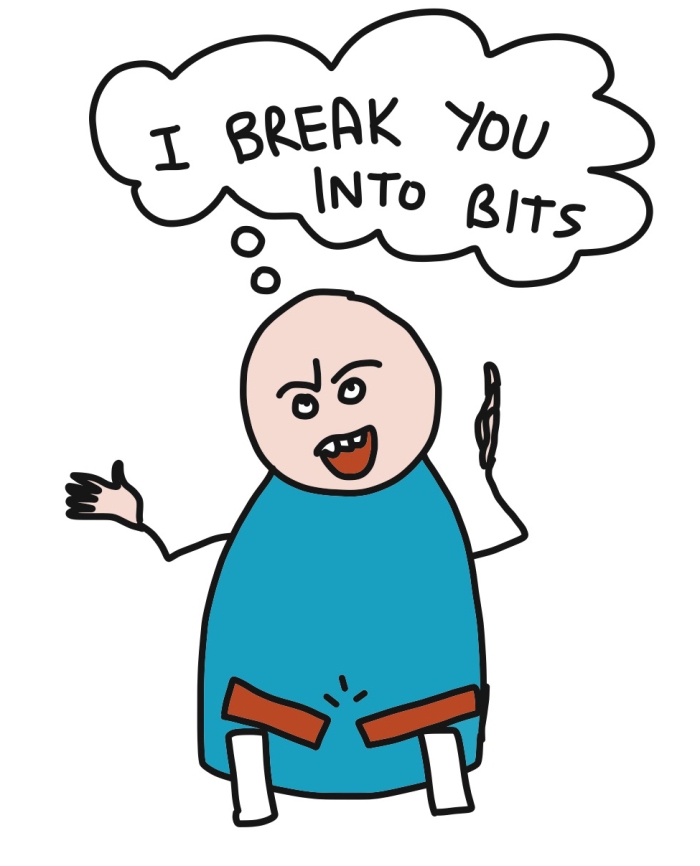
Break your revision timetable up into realistic chunks with goals that are achievable within a chosen time frame. Give yourself treats after each chunk (work for an hour = coffee and biscuit; work for 2 hours = spend 20 mins catching up on Facebook).
4. Give yourself microtreats
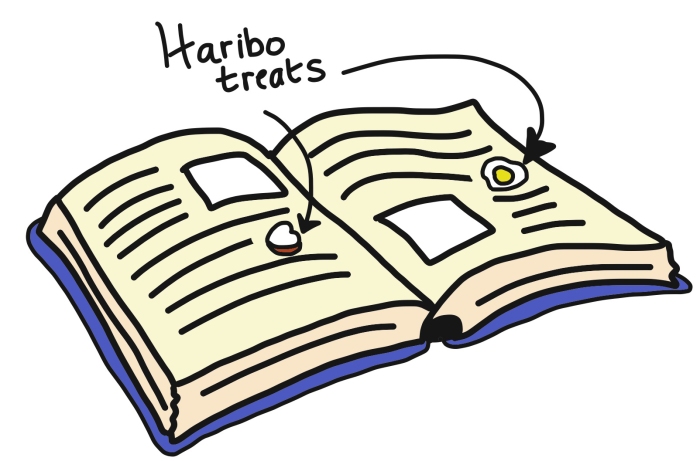
Use sweets (or nuts/grapes if you’re trying to be healthy) as micro-treats as you finish revising small sections of information.
5. Illustrate/colour code/map your notes
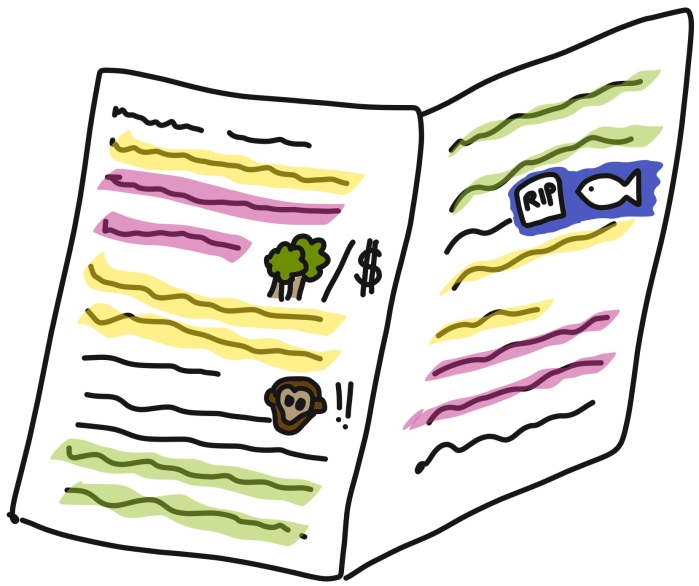
Just reading and traditional note making can be a tedious and ineffective way to learn. You need to use ACTIVE techniques. Try illustrating your notes with simple pictures (no artistic ability required – they aren’t for sharing) to make sections more memorable.
Alternatively colour-code sections that link to each other (use highlighters for your own notes/photocopies and sticky tabs for books). The very act of working out which section is which colour helps you to understand and recall information in exams. Mapping text book chapters or module topics can also help you make sense of material – use free mindmapping software like GoConqr (formally ExamTime) or good old fashioned pen and paper if you prefer.
6. Summarise
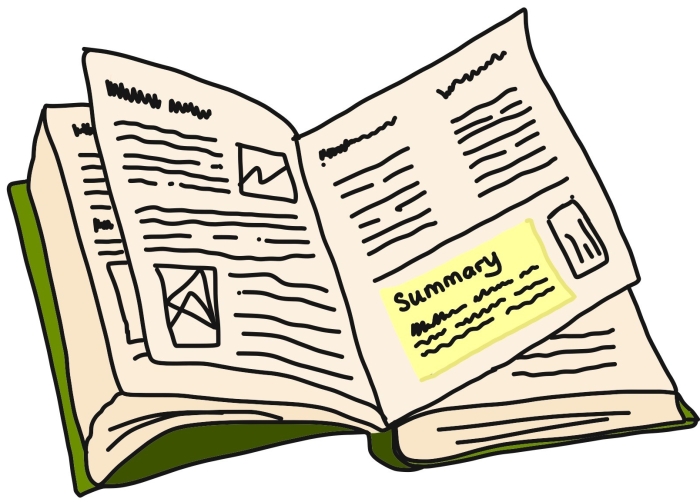
At the end of every page of reading (notes/text books/paper) summarise the page into 2-3 sentences on large post-it note and stick it on the page.
7. Work with a friend
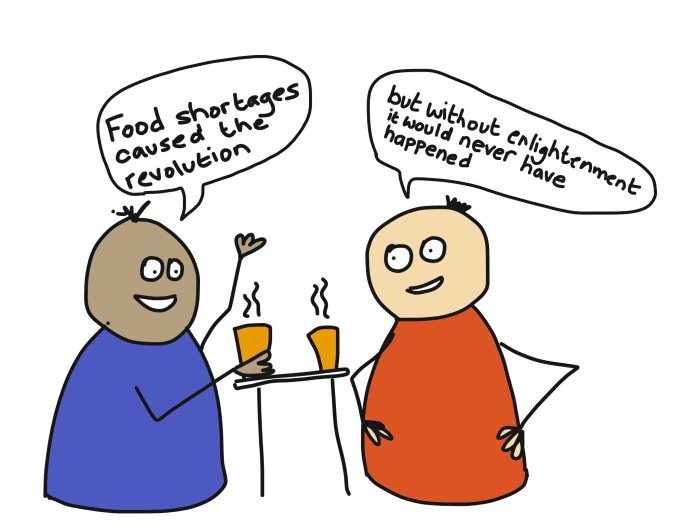
Try studying opposing views on a topic and then debate it over coffee. Make sure they are positive friends who want to work though – not ones that will persuade you to stop studying and do something more fun.
Try studying opposing views on a topic and then debating it.
8. Make up a mnemonic/story
If you have a lot to remember, perhaps in a particular sequence, then there are a some tricks for recalling information. Making up a mnemonic (single or multiple words) can help.
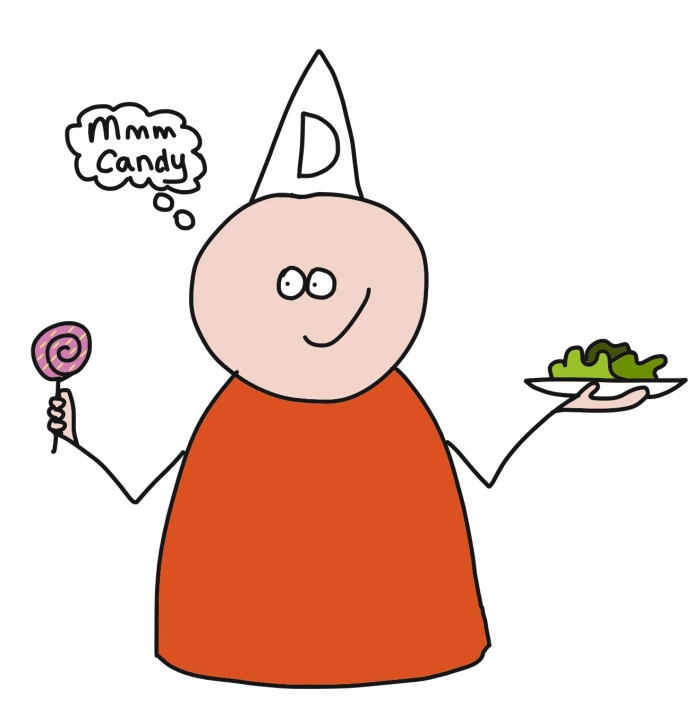
Examples are:
OILRIG (Oxidation is Loss, Reduction is Gain) in chemistry or
Dumb Kids Prefer Candy Over Fancy Green Salad (Domain, Kingdom, Phylum, Class, Order, Family, Genus, Species) in Biology.
If you have a lot to remember, perhaps in a particular sequence, then there are a some tricks for recalling information. Making up a mnemonic (single or multiple words) can help.
9. Create or play a revision music playlist

There are already lots of these available on Spotify/Apple Music. Some are classical (Baroque music is supposed to match the heart rate and help you concentrate for example), some are jazz, some are far more current.
Generally avoid things with lots of lyrics as these can take your attention – but everyone is different and you may have to try a few different ones.
10. Keep hydrated

The brain doesn’t work without water – keep a bottle or water or squash by your work space and drink regularly. Cups of tea etc also work but they make a treat worth working a bit more for (see 4 above).
